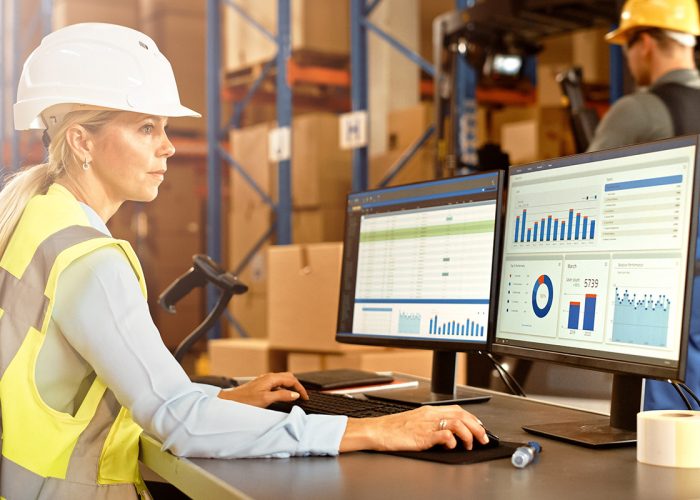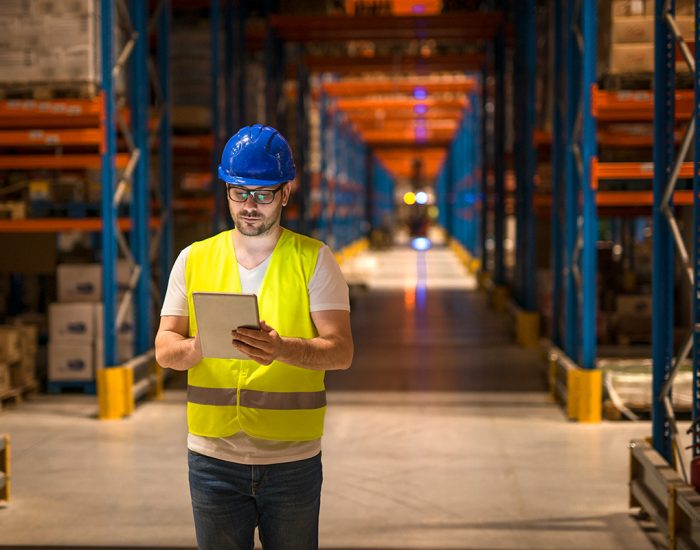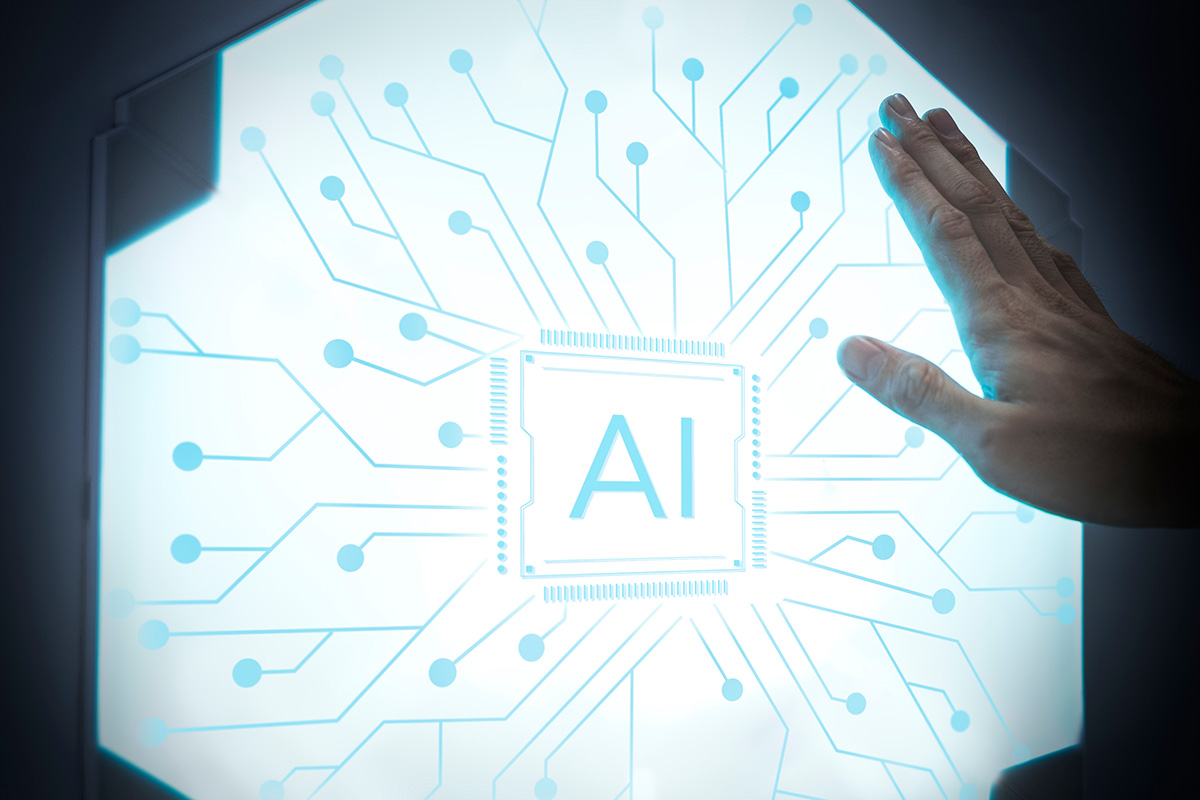Key information:
Recent weeks have brought more and more new information about AI (artificial intelligence) mechanisms (learning systems) that are revolutionizing more areas of our lives – both private and professional.
GPT Chat
is the first widely available solution of its kind, which has become a common synonym for artificial intelligence . However, it is not the only solution, and new tools offering similar capabilities are constantly appearing on the market.

Artificial intelligence in logistics - what processes can it improve?
Warehouse logistics has been relying on information systems to help manage warehouse operations not since today. What we have in mind here is primarily
WMS class systems
(Warehouse Management System), which streamline the areas of warehouse receipt, storage of goods and their release.
Warehouse management systems increasingly have components that demonstrate the ability to learn from analyzed data. We have no doubt that the rapidly developing AI technology will spread this state of affairs, which will happen especially in the following logistics areas:
1. automation of routine, repetitive activities
Systems or elements of existing systems that demonstrate learning capabilities will be used to continuously analyze all events taking place in the warehouse on an ongoing basis in order to catch non-standard situations.
With such continuous monitoring, it will become possible to catch any shortcomings, delays or risks at a very early stage, so that the systems will suggest solutions to reduce such risks.
2. better inventory planning
Artificial intelligence systems in logistics will better plan inventory availability in relation to real or planned needs.
One of the unquestionable benefits of using artificial intelligence systems, is the ability to analyze data from an infinite number of sources to better respond to the real situation.
3. continuous analysis of efficiency and continuous change in the organization of space
Artificial intelligence systems based on continuous analysis of the efficiency of warehouse operations will better manage the topography of the warehouse (for example, ABC analysis) in order to most efficiently prepare to handle daily operations.
4 Employment planning
By analyzing the number of warehouse tasks to be completed in a given time window, the artificial intelligence systems will suggest how to schedule the work in order to fulfill all the tasks set before the warehouse employees.
5. optimization of packaging selection, transport routes and vehicle loading methods
Artificial intelligence systems will also support the area of preparing goods for shipment and the transportation process itself . Their use will result in more efficient management of transportation space and greener deliveries.
Artificial intelligence implementations in logistics.
Implementations of solutions based on artificial intelligence support in logistics are happening before our eyes. This is mainly due to the learning algorithms that are part of the available WMS and TMS. However, in order to take full advantage of the benefits, it is important to provide such systems with as much information as possible.
So it becomes a necessity to build interfaces between systems and to be able to combine certain devices and technologies (for example, barcode technology, or RFID RFID ) with host systems to transfer knowledge for analysis.
In order to mitigate the risk of excessive influence of artificial intelligence in the logistics field, the security of their operation must not be overlooked, especially their auxiliary, rather than decisive, role in decision-making for the daily operation of warehouse logistics.




